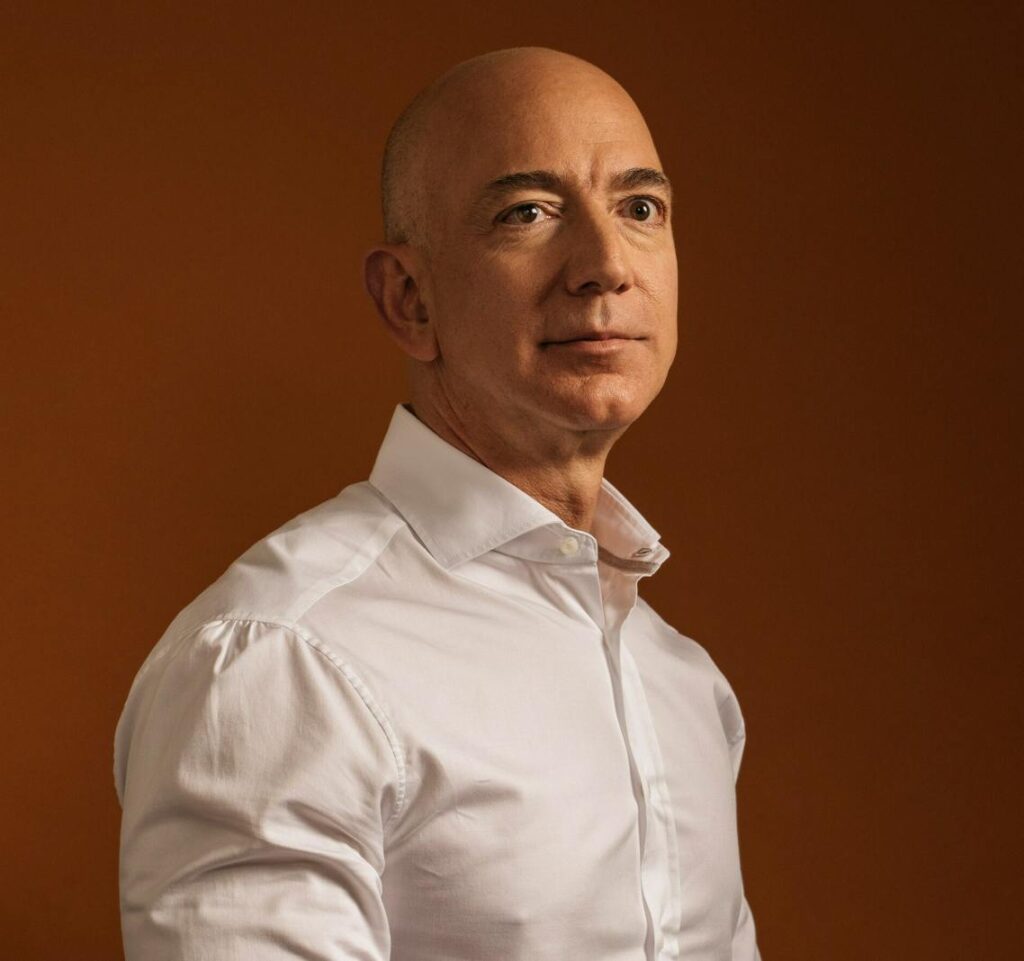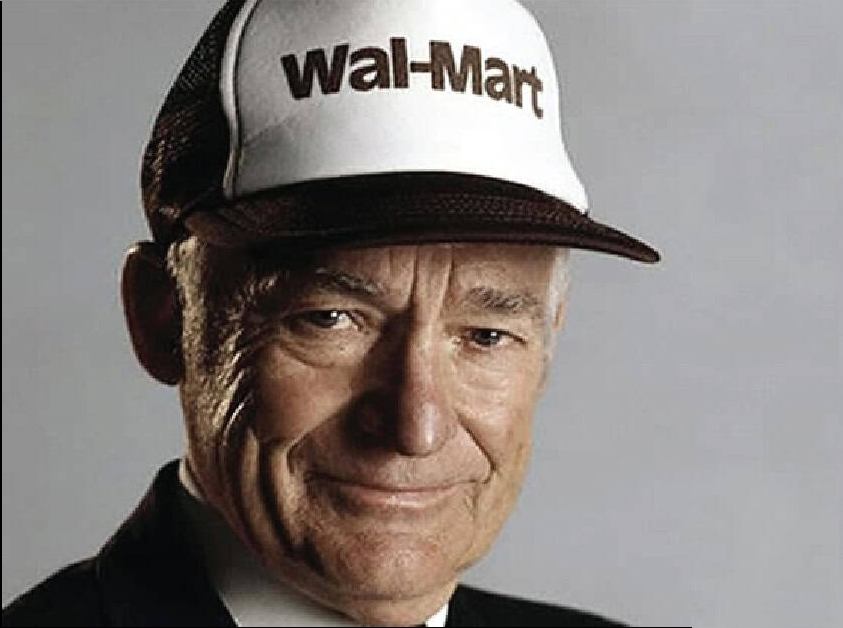Jeff Bezos: Building Amazon into a Global Powerhouse
Jeff Bezos, the visionary founder of Amazon, has played an instrumental role in reshaping the global retail and tech landscapes. His unique leadership style, combined with an unyielding focus on innovation and customer satisfaction, has propelled Amazon from a small online bookstore into one of the largest and most influential companies in the world. Bezos’s journey is a testament to the power of long-term thinking, risk-taking, and an unwavering commitment to improving the customer experience.
From Humble Beginnings to Global Domination
Amazon’s origin story is rooted in Jeff Bezos’s ambitious vision to create an online marketplace that could eventually offer everything from books to electronics, clothing, and beyond. In 1994, Bezos left his job at a New York investment bank and moved to Seattle, Washington, to build what would become Amazon. Originally a bookstore, the company quickly expanded its offerings, transforming from a niche online retailer into a global e-commerce giant. Bezos understood early on that e-commerce had the potential to revolutionize retail, and he capitalized on this opportunity by building a platform that allowed customers to buy products from the comfort of their homes.

One of Bezos’s key strategies in Amazon’s rise to dominance was his commitment to customer-centricity. He famously said, “We’re not competitor-obsessed, we’re customer-obsessed,” a mantra that drove Amazon’s focus on innovation and excellence in service. By constantly improving the user experience, from fast shipping to personalized recommendations, Bezos ensured that Amazon became the go-to shopping destination for millions of customers around the world.
The Power of Innovation: Prime Membership, Logistics, and Cloud Computing
Amazon’s exponential growth can be attributed to Bezos’s relentless pursuit of innovation. One of his landmark achievements was the creation of Amazon Prime, a subscription service launched in 2005 that revolutionized e-commerce. With the promise of free two-day shipping, exclusive content, and a suite of other benefits, Amazon Prime quickly became a game-changer for the company. Today, with millions of members worldwide, Prime is not just a customer loyalty program—it’s a vital revenue stream that has cemented Amazon’s place in both e-commerce and digital entertainment.
Another key area of innovation for Bezos was logistics. From the very beginning, Amazon invested heavily in its supply chain infrastructure to offer faster and more reliable delivery services. The company pioneered the use of automation and artificial intelligence in its warehouses, allowing it to scale efficiently while maintaining exceptional levels of service. This focus on logistics has allowed Amazon to offer free one-day or even same-day shipping on many items, keeping it ahead of the competition in a crowded e-commerce marketplace.
Perhaps Bezos’s most transformative innovation was Amazon Web Services (AWS), launched in 2006. AWS revolutionized the cloud computing industry by offering scalable computing power and storage solutions to businesses of all sizes. This move into cloud computing not only diversified Amazon’s revenue streams but also positioned the company as a leader in a rapidly growing sector. AWS now generates billions in revenue every year, and its dominance in the cloud market has been a key driver of Amazon’s overall financial success.
Long-Term Vision and Risk-Taking
Bezos’s leadership is often praised for its focus on long-term goals rather than short-term profits. In the early days of Amazon, Bezos prioritized reinvesting revenue back into the business rather than maximizing profits. This strategy allowed Amazon to scale rapidly and lay the foundation for its future growth. While many traditional companies focused on quarterly earnings reports, Bezos was focused on creating a company that would continue to evolve and expand over the long haul.
This long-term thinking was evident in Amazon’s expansion into new industries, such as groceries and entertainment. In 2017, Amazon acquired Whole Foods, signaling its intention to disrupt the traditional grocery industry. Similarly, through its acquisition of Twitch and the development of Amazon Prime Video, the company has made significant inroads into the entertainment space, competing with giants like Netflix and Disney. Bezos’s willingness to take risks in new markets has allowed Amazon to diversify its portfolio and remain a dominant force in the global economy.
Cultivating a Culture of Innovation and Adaptability
Jeff Bezos has also been credited with cultivating a unique company culture at Amazon. Under his leadership, Amazon became known for its emphasis on innovation, experimentation, and adaptability. The company’s “Day 1” philosophy, which encourages employees to maintain a startup mentality regardless of the company’s size, has been a cornerstone of Amazon’s success. Bezos famously said, “It’s always Day 1,” a reference to the idea that the company should never become complacent but instead should continuously strive to improve and innovate.
This culture of innovation is further supported by Amazon’s willingness to embrace failure. Bezos has often stated that failure is a necessary part of innovation and growth. This mindset has allowed Amazon to experiment with new ideas and concepts, such as drone delivery and cashier-less stores, without fearing the consequences of failure. By fostering an environment where employees are encouraged to take risks and push the boundaries of what’s possible, Bezos has ensured that Amazon remains at the forefront of technological advancement.
Bezos’s Legacy and the Future of Amazon
As of 2024, Jeff Bezos has stepped down from his role as CEO of Amazon, transitioning to the position of Executive Chairman. His legacy, however, remains firmly entrenched in the company he founded. Bezos’s leadership style and innovative mindset continue to shape Amazon’s direction, and his focus on customer satisfaction, long-term planning, and risk-taking will likely continue to guide the company for years to come.
Amazon is now one of the most powerful and influential companies in the world, dominating not only e-commerce but also cloud computing, entertainment, and artificial intelligence. While Bezos may no longer be at the helm of Amazon, his vision and leadership have laid the foundation for the company’s continued growth and success in the 21st century. Bezos’s story is a powerful reminder of the importance of thinking big, taking risks, and relentlessly focusing on innovation.
Read more: William Cargill: From Humble Beginnings to Agricultural Titan















